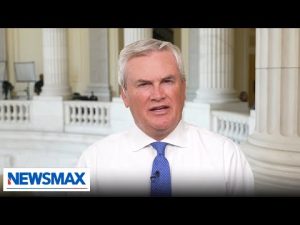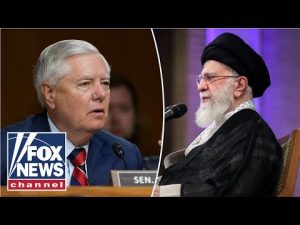In the often unpredictable realm of international diplomacy, the recent interactions between President Donald Trump and NATO’s Mark Rutte have caught attention for their unconventional nature. During a press conference, a somewhat sarcastic question was raised about Rutte’s choice of language when addressing Trump, particularly referring to Trump in a fond and informal manner. This exchange has sparked discussions about the role of personal dynamics in global politics and how these interactions can influence policy decisions among allies.
Rutte’s approach to dealing with Trump, highlighted by what some may see as excessive flattery, is not just an anomaly but also a testament to the complex nature of international relations today. While critics might argue that such behavior is demeaning or indicative of weakness, it’s important to consider the strategic underpinnings of Rutte’s actions. In his response to the reporter, Rutte defended his approach by emphasizing the tangible results achieved through fostering a positive relationship with the U.S. under Trump’s leadership.
This exchange offers a valuable insight into how global leaders navigate alliances, particularly with strong personalities like Trump. Rather than dismissing Rutte’s behavior as mere sycophancy, one might view it as a pragmatic maneuver designed to achieve goals that align with both national and international interests. Rutte’s comments also underline a broader recognition of Trump’s impact on NATO, pressing member nations to honor their commitments to defense spending. Such developments highlight the president’s ability to leverage personal relationships to effectuate meaningful policy changes.
Critics of Trump’s approach often focus on the style over substance, yet Rutte’s remarks serve as a reminder that even unorthodox methods can yield concrete results. This pattern of through personal interaction and directness has been a hallmark of Trump’s political dealings, which some perceive as an effective way to cut through the diplomatic red tape that often characterizes international alliances. By understanding and responding to Trump’s unique style, leaders like Rutte position their countries to benefit from a productive partnership with the U.S.
In conclusion, the narrative of Trump being referred to affectionately as “daddy” by a NATO leader may seem perplexing on the surface. However, it offers a glimpse into the nuanced world of international diplomacy, where personalities and perceptions can heavily influence policy outcomes. While the method might seem unconventional, the underlying strategy shows a calculated effort to achieve mutual objectives, further debunking the simplistic portrayal of global politics as a mere contest of wills. The personal bonds formed through these exchanges demonstrate the importance of adaptive strategies in navigating the ever-changing landscape of international relations.







